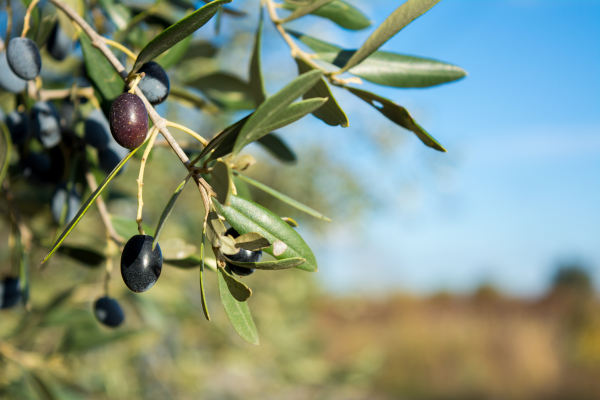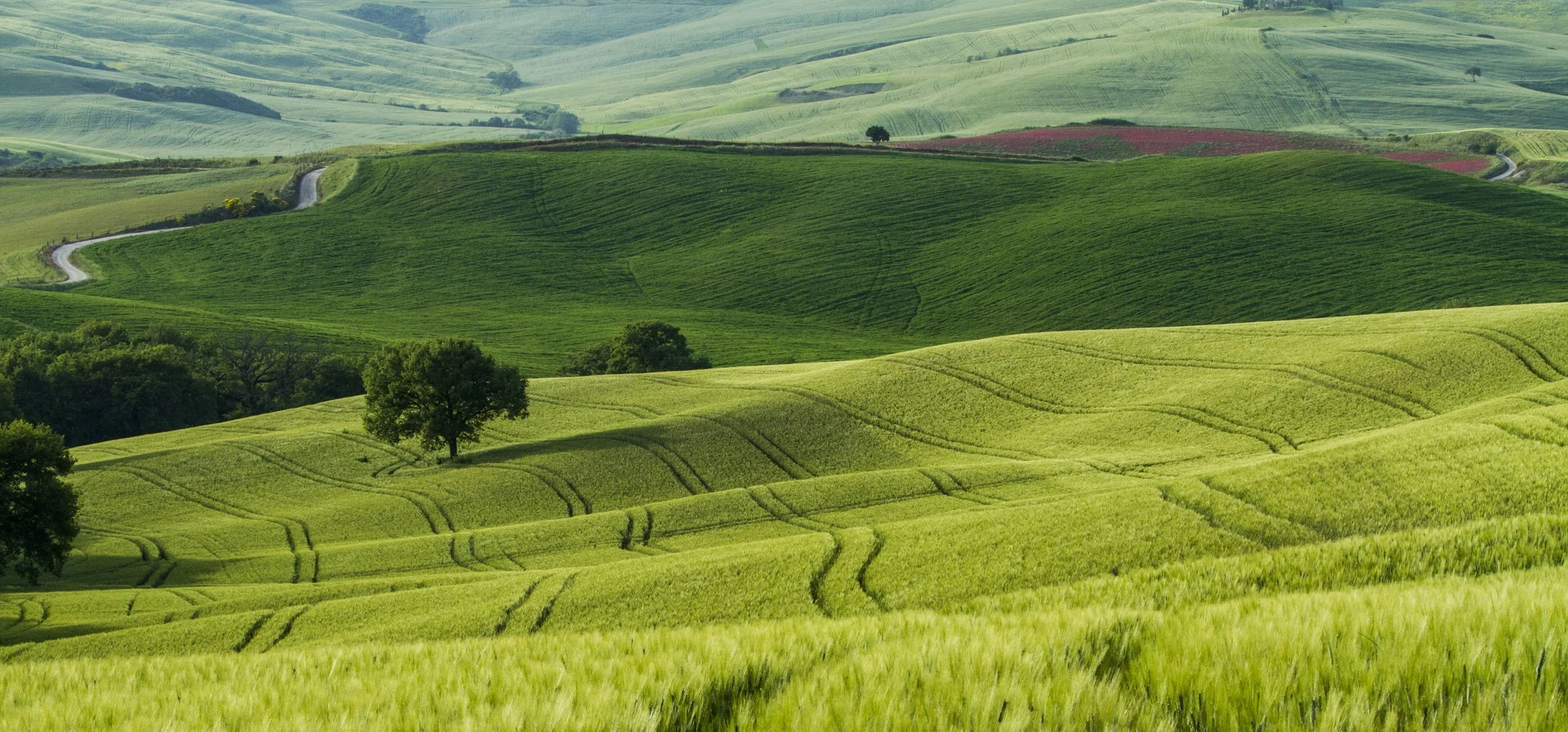
Since the beginning of 20th century, had already begun the use of chemical fertilizers and formulations. Due to this fact, many farmers were worried not only about reduction of ground’s fertility and downgrading of foods’ quality but also for the increase in crop and animal diseases.
In 1924, the Austrian philosopher Rudolf Steiner driven by the farmers’ need for high products’ quality with friendly means for the environment that they nourish the body and the soul, gave 8 lectures that they set the practical and the spiritual bases for agriculture growth. Hence, the biodynamic agriculture ‘was born’.
In 1928, the Demeter label created which is been using worldwide on certified biodynamic products. The Demeter Standard preceded the European Regulation for organic farming. Prerequisite for Demeter certification is, firstly, certification according to Regulations (E.U) 2018/848. In addition to this, there are stricter specifications than those of EU organic farming regulation. The Demeter label is widespread in the countries of Central Europe and is associated with high nutritional and quality food that have been produced with respect in nature, animals and humans. It has a loyal consumer public that often seeks out and chooses Demeter labeled products consciously.
In biodynamic farming, the farm is a living organism and biodynamic farmers work in harmony with nature. At the center is the human and the need for quality food. Thus, every element and microorganism of the soil and water is of decisive importance. The balance and the harmonious interaction between all the elements that consist the farm, play an important role in the well-being of the system. Biodynamic practices are taking into consideration not only the complexity of the ecosystem but also the living powers of nature. Primary need for cultivations’ robustness is the increase of soil fertility.
World statistics for 2020 and the position of Greece:
Around the world, except for Australia, 2.207.250 acres are cultivated with biodynamic way, 6.429 farms in total.
In Greece, 4.660 acres are cultivated based on the biodynamic standard (45 farms, 5 processors, 3 distributors). The majority of crops are olive trees (olive oil and edible olives), vineyards (for wine production) and a few vegetables.
In the last three years, many efforts have been made to revive the Greek Association of Biodynamic Agriculture with aim to:
- Exchange knowledge
- Coordinate the efforts
- Connect with the world events
In 2018 and 2019, two representatives from Greece (biodynamic producers) participated in the world conference for biodynamic agriculture in Dornach. In May 2018, an event took place in Greece with guest the head of the Goetheanum’s Biodynamic Agriculture department, Jean Michel Florin.
Biodynamic agriculture, soil rich in organic matter, olive cutlivation, 2018
What is the difference between biodynamic, organic and conventional cultivation?
Conventional agriculture is using plenty amount of synthetic fertilizers and chemical substances in order to increase products’ production.
However, the soils have dramatically decreased their ability to retain nutrients and water because of intensive crops and monocultures. Therefore, large amount of fertilizers end up to aquifer and so, the whole system is disturbed along with the flora and fauna.
Organic and biodynamic agriculture is closer to the real art of traditional cultivation since they focus on respect in the environment reducing in the minimum the usage of external inputs, such as pesticides, synthetic fertilizers etc. The attention is on quality rather than quantity. Biodynamic is a step ‘beyond’ organic agriculture as it is part of a larger philosophy, ‘anthroposophy’, which includes medical sciences, arts, education and more.
When it comes to biodynamic livestock farming, robustness, respect and animal health, are very important. For example, they farmers keep cows’ horns˙ they do not cut them as they often do in conventional and in organic livestock farming as well.
For further information on DEMETER certification process, those interested can contact with the Department of International Standards of DIO Organization: Mrs Lina Lasithiotakis (ext.111).


